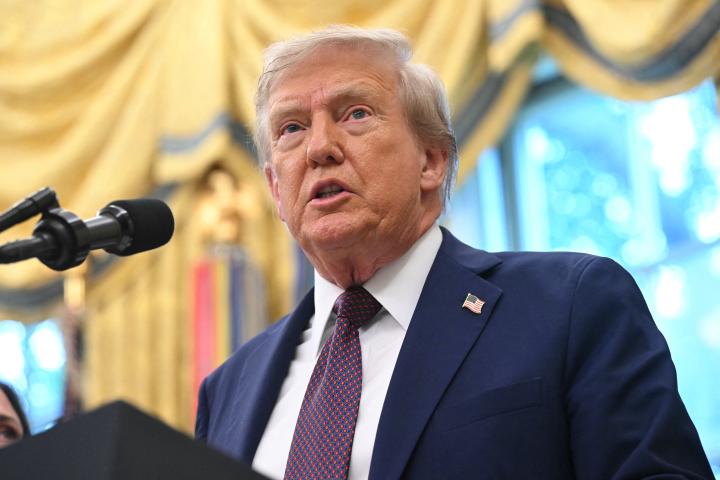By Eniola Amadu
Labour’s plans for a large-scale expansion of nuclear power have advanced with a series of UK-US agreements on modular reactor projects, announced shortly before Donald Trump’s state visit.
The two governments confirmed they would fast-track safety approvals for reactor designs, cutting licensing times almost in half, and unveiled new private sector investments.
Labour highlighted the agreements as key to delivering both jobs and energy security.
The largest commercial project involves Britain’s leading energy supplier, Centrica, partnering with US firm X-energy to build up to 12 advanced modular reactors at Hartlepool.
The £multi-billion investment could create as many as 2,500 jobs in north-east England.
The project will also secure Hartlepool’s energy future as its current reactor is due for decommissioning in 2028. Once operational, the reactors are expected to supply enough electricity for 1.5 million homes.
Prime Minister Keir Starmer described the UK-US agreement, expected to be finalised during Trump’s visit, as a “landmark nuclear partnership”.
He said the commitments would drive long-term reductions in household energy bills and create thousands of new jobs in the short term.
Other initiatives include plans by US nuclear company Holtec, working with EDF Energy and property developer Tritax, to build advanced datacentres powered by small modular reactors at the former Cottam coal plant in Nottinghamshire.
The £11bn scheme would be one of the largest of its kind. In another venture, Last Energy will partner with DP World to deliver a micro modular nuclear plant to supply London Gateway port and its business park.
The Department for Energy Security and Net Zero said the agreement would underpin Labour’s pledge for the largest expansion of nuclear power in generations, alongside the development of Sizewell C in Suffolk.
According to the Nuclear Industry Association, the sector has already added 11,000 jobs this year.
The US Energy Secretary Chris Wright said nuclear power would be crucial to supporting rapid growth in artificial intelligence data centres. He emphasised that the partnership would enhance global energy security and reduce reliance on Russian nuclear fuel by 2028.
Tom Greatrex, chief executive of the Nuclear Industry Association, welcomed the transatlantic deals as a boost for the UK’s “industrial revival”, saying they would generate high-value jobs and strengthen national energy resilience.



